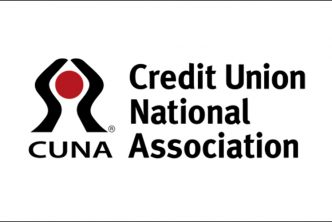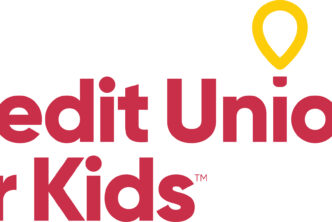In response to a letter sent by CUNA and other financial services trades, the Federal Housing Finance Agency (FHFA) offered an update to its alternative credit score model project, noting the complexity of the analysis and that no changes would go into effect prior to the implantation of the Common Securitization Platform in mid-2019. The FHFA is the federal agency responsible for overseeing the Government Sponsored Enterprises (GSEs) Fannie Mae and Freddie Mac.
Currently, for a loan to be saleable to the GSEs, underwriting must include the borrower’s FICO credit score. Some argue, however, that this score skews unfairly against certain borrowers with “thin” credit files because it doesn’t take into consideration such factors as monthly rent or certain utility payments. Others in the industry have developed alternative credit scoring models that may take into consideration some of these factors and that could help borrowers with strong histories of rent and utility payments but limited experience with traditional credit products.
If the FHFA decides ultimately to allow the voluntary use of these alternative credit scoring models by credit unions and other lenders, it would mean that loans underwritten would be “conforming” for purposes of sale to the GSEs, and could expand mortgage credit opportunities for certain borrowers. Balanced against this interest is the need for strong mortgage underwriting, so it is important that potential alternative scoring models are demonstrated to be closely correlated with likelihood of repayment.
As the FHFA deliberates, meanwhile, legislation in the House (H.R. 898) and Senate (S. 1685) would compel them to develop procedures for the GSEs to accept alternative scoring models.





